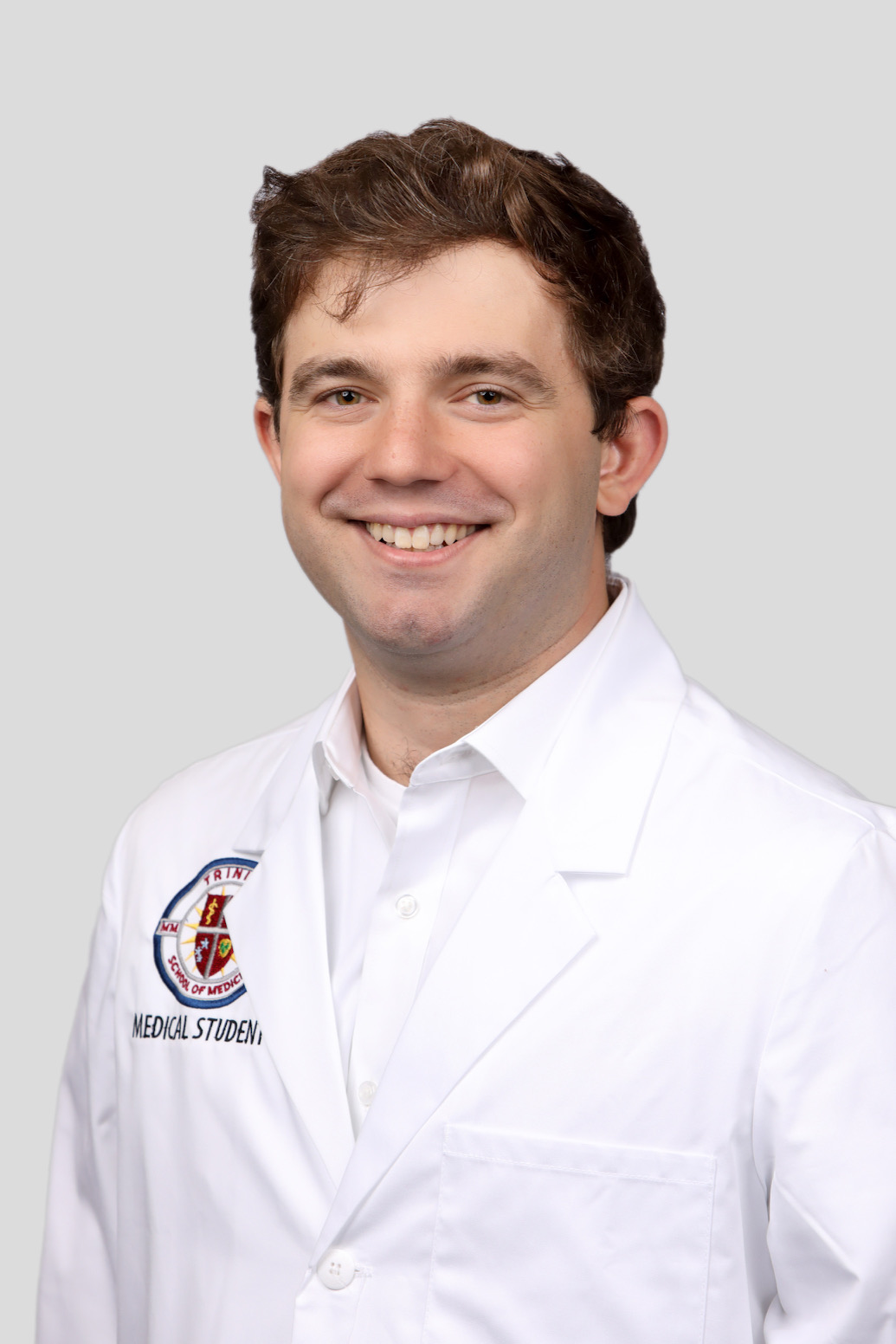Research Learning Series (RLS) - Implementation Science
Implementation Science (IS) provides practical frameworks and validated strategies that can be applied to the design of emergency department (ED) interventions, programs, and initiatives to improve patient outcomes. The goal of this session is to:
- Introduce fundamental IS concepts as important tools not just for research but also for clinical operations and patient safety.
- Illustrate how these concepts can be operationalized for rigorous implementation and evaluation.
This session provides an overview of IS and its basic tenets, introduces key IS frameworks, and describes how the frameworks can be used to evaluate the design and delivery of mixed-methods, clinical trials, and observational studies. The session also included a discussion of the emerging body of work of IS in emergency medicine physicians.
-

Cole Ettingoff, MPH
Medical Student
Trinity School of Medicine
Cole Ettingoff is a medical student at Trinity School of Medicine. He serves on several SAEM committees, chairs the ACEP Social EM Section working group on program evaluation and implementation, and leads several projects within NAEMSP. Prior to medical school, Cole worked in public health; first for the city of San Francisco, where his focus was on social determinants of health and improving quality of care. Then, in Montgomery County, Maryland, Cole helped lead the county-wide COVID task force and helped build a mobile integrated health program. He has been active in several leadership roles in the American Public Health Association and the American Association of Public Health Physicians, including chair of APHA's 2024 Symposium on Responding to Behavioral Health Emergencies. He is passionate about improving the quality of care for acute conditions in the prehospital and ED settings. He has a special interest in integrating the principles of EM, EMS, and public health in embracing EM's role as the ultimate safety net to collaborate and offer improvements for health outcomes.
-

Christian D. Pulcini, MD, MEd, MPH
Pediatric Emergency Physician
University of Vermont Medical Center
Dr. Pulcini is a pediatric emergency physician at the University of Vermont Medical Center and UVM Children's Hospital, as well as an Assistant Professor of Emergency Medicine (EM) and Pediatrics at the University of Vermont Larner College of Medicine. He attended Tufts University School of Medicine followed by pediatrics residency at Children's Hospital of Pittsburgh of UPMC. He then completed pediatric EM fellowship at the Children's Hospital of Philadelphia. He holds an M.Ed. in secondary education from Loyola Marymount University (former Teach for America corps member) and an M.P.H. in maternal and child health from Boston University school of Public Health. -

Kabir Yadav, MDCM, MS, MSHS
Vice Chair, Academic Affairs
Harbor-UCLA Medical Center
Dr. Yadav is the vice chair for academic affairs and an associate professor of emergency medicine at Harbor-UCLA Medical Center. He completed emergency medicine residency at Kings County Hospital Center/SUNY Downstate Medical Center, followed by a clinical research fellowship at Jacobi Medical Center, with a Masters in Clinical Research Methods. After completing a NIH KL2 Career Development Award and a Masters in Translational Science at George Washington University, he became one of the first board-certified clinical informaticists in the country.
